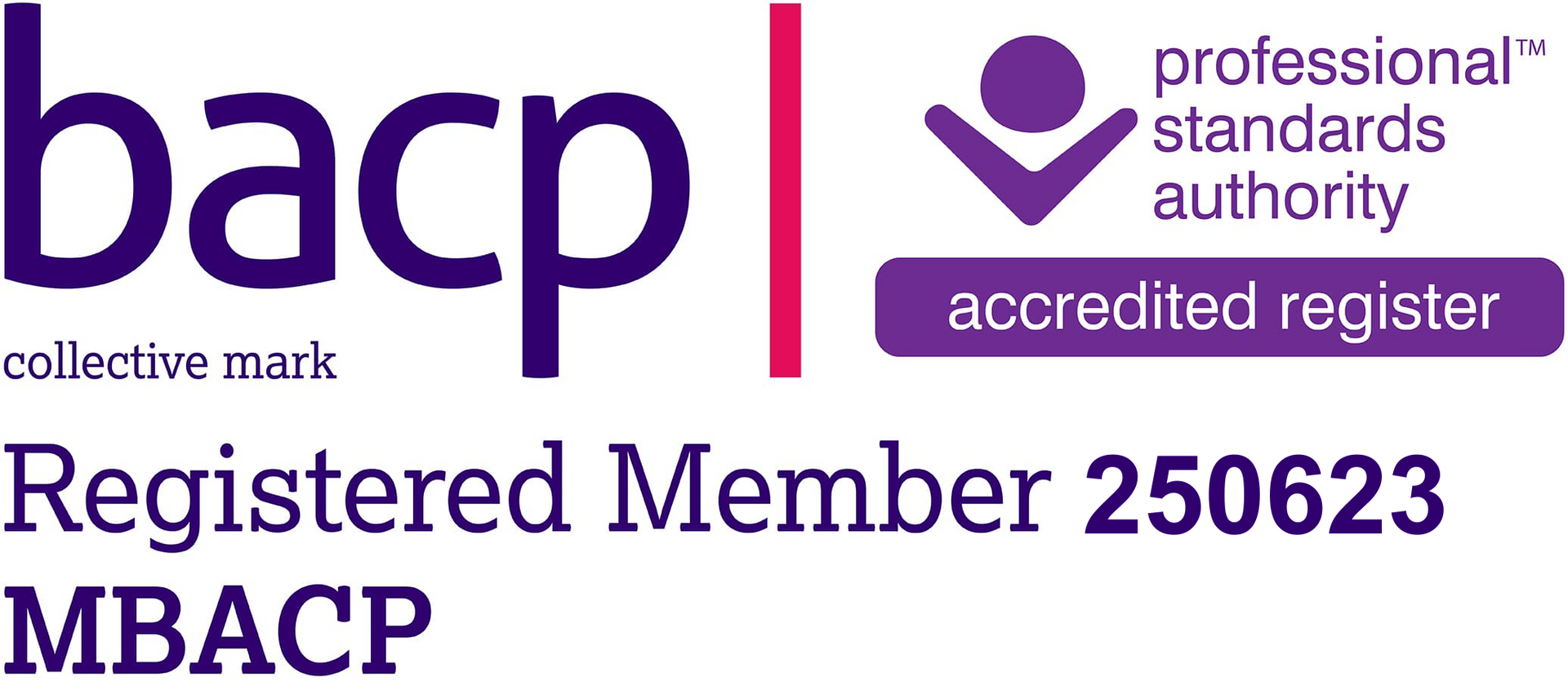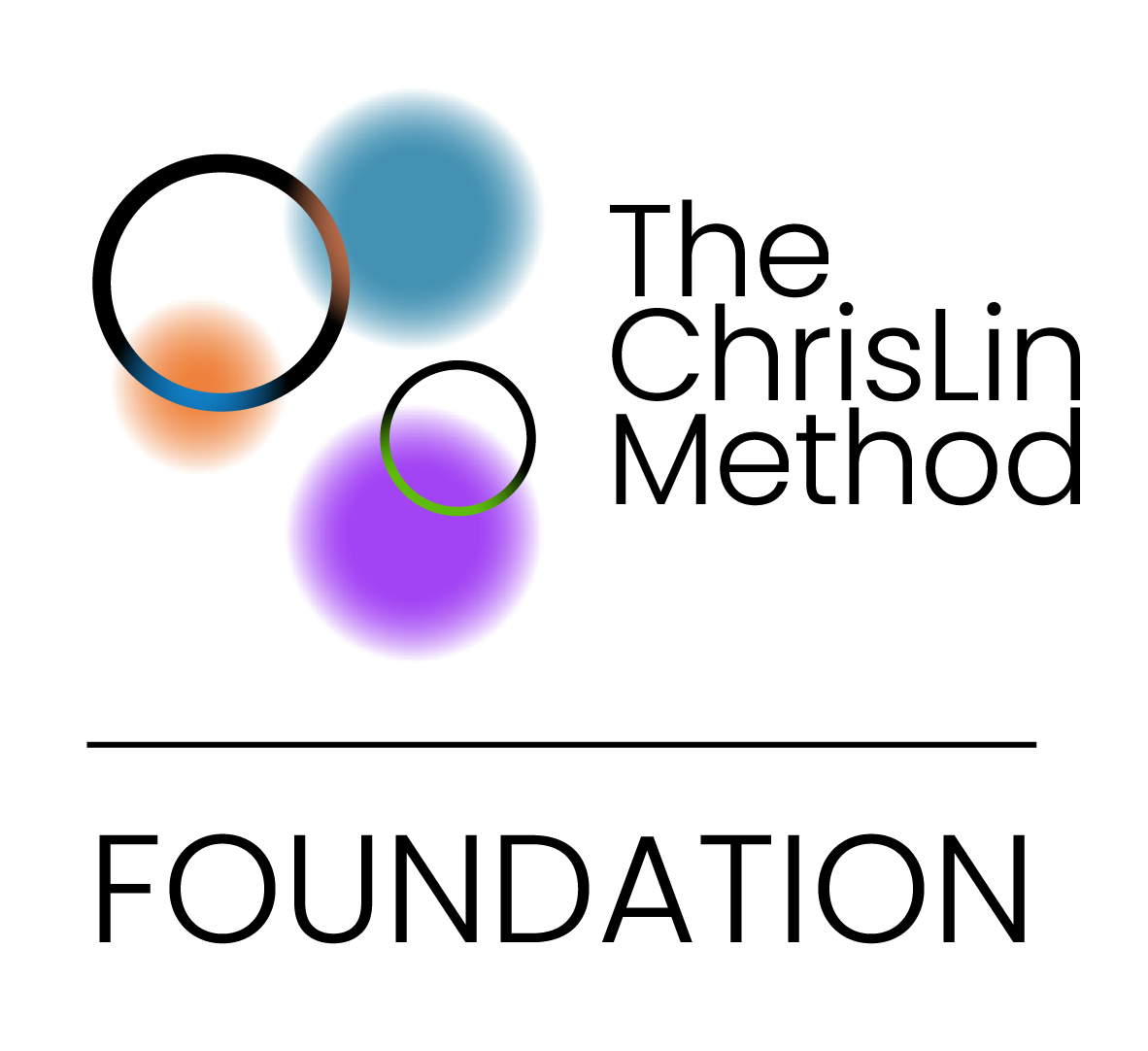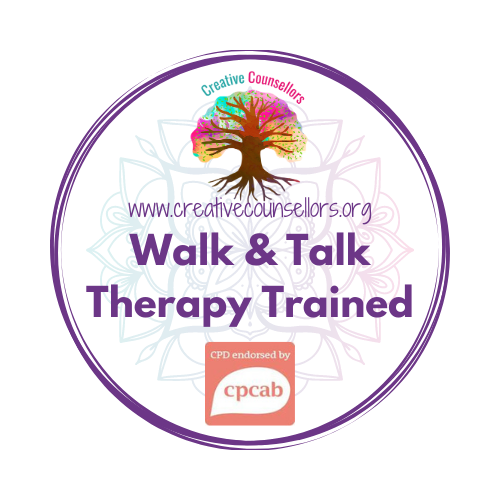To have therapy or not?
When thinking about whether to have talking therapy or not, and wondering if it might be too much to handle, think about this…
To risk or not to risk – both are just as risky actually! ‘Balancing Risks’ in your life.
Many people want to change their lives yet fear making changes and taking risks in case of negative outcomes. ‘It is safer to stay the same’. They can stay in their comfort zone if they do not take risks or make changes even though they know it is not a comfort to stay the same at all. They feel they don’t want to push themselves.
At these times, I explain the reverse psychology of risk taking… By NOT doing something/taking a risk, we might actually be taking an equal risk. For example, one dilemma might be:
“If I look for other relationships, the outcome might be that they leave me, or it doesn’t work out well, or they might pass away and make me feel sad and lonely (negative automatic thoughts about possible outcomes)
BUT, I offer another way to look at it:
“If I don’t look for other relationships, I might be lonely, have low self-esteem, miss out on wonderful shared times and I will have no-one to give my support to” (just as negative as above)
The thing is if we do nothing, we just stay the same and do not have the opportunity to enjoy the positives, which in this example are: being in social company, having better confidence, enjoying great times and having people to care about.
We might avoid risks by staying in, in case we get run over, but it might be just as likely (which is actually very unlikely) to harm ourselves in the home. It is a risk to DO and a risk to NOT DO.
Therefore, the risks can be just as negative, just in different ways, but NOT DOING ANYTHING is as conscious a decision as DOING SOMETHING.
So, before you decide to avoid change or avoid taking a risk, maybe weighing it up in this way can help you to re-evaluate whether to act or not act upon it. I say this not just for the question of whether to take up talking therapy or not, but it can be used in many aspects of the decisions we make in life.
I call this evaluation ‘Balancing Risks’.
Would it be a risk not to have talking therapy or would it be a risk to have a talking therapy? Which outcome would be more beneficial?



